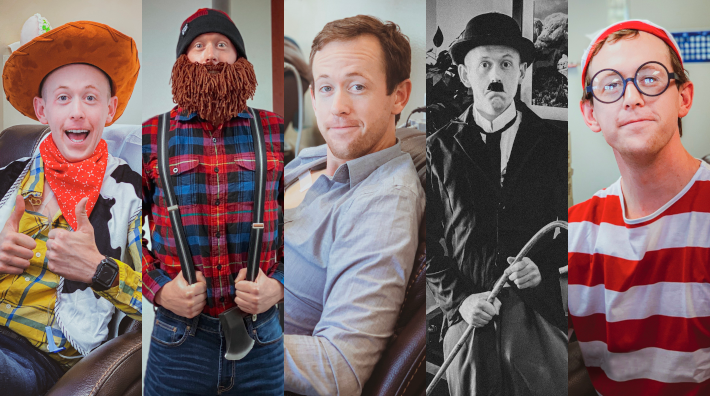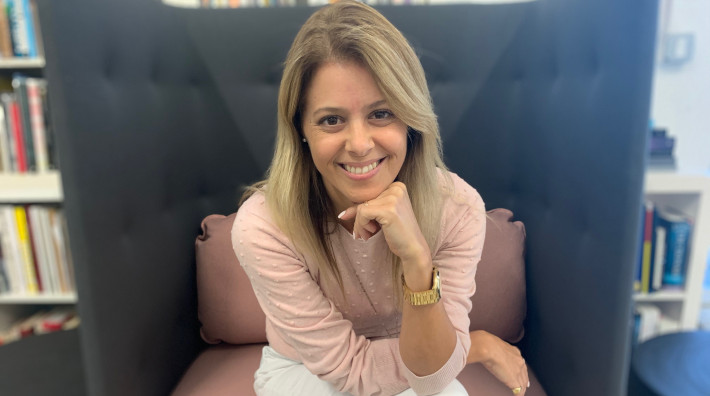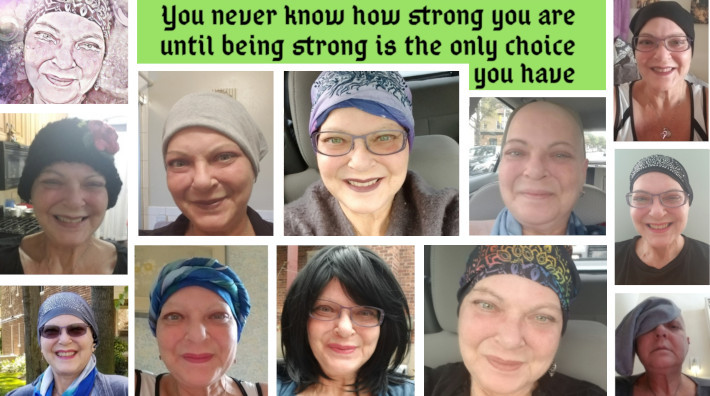Stories of Hope
Cancer survivor stories from the American Cancer Society.
Lymphoma Survivor Shares Positive Outlook
Published on: May 14, 2020
“It was such a silly little thing, to dress up as a child might, and treat the whole thing like a big circus, but it provided a way to help both myself and others stay positive,” said Jones.
Cervical Cancer Survivor Relies on a Plan
Published on: April 28, 2020
When Coral Conway was diagnosed with stage IIIB cervical cancer, she felt overwhelmed. She was getting advice and information from many different sources. She had visited local doctors and hospitals in Florida and talked with professionals in her home country of Argentina.
Non-Hodgkin Lymphoma Survivor Copes With Coronavirus Pandemic
Published on: March 31, 2020
Phyllis Alsterberg was recently treated for non-Hodgkin lymphoma. She hasn’t left her home in New York City much since the coronavirus outbreak started because she has a weakened immune system and she’s worried about getting sick.
Long-term Breast Cancer Survivor Reflects on Life After 50
Published on: March 16, 2020
Now that she’s in her 50s, Pam Matthews has more aches, pains, and other physical problems. She blames some of this on age, and some of it on long-term side effects from breast cancer treatment she received in her 30s.





